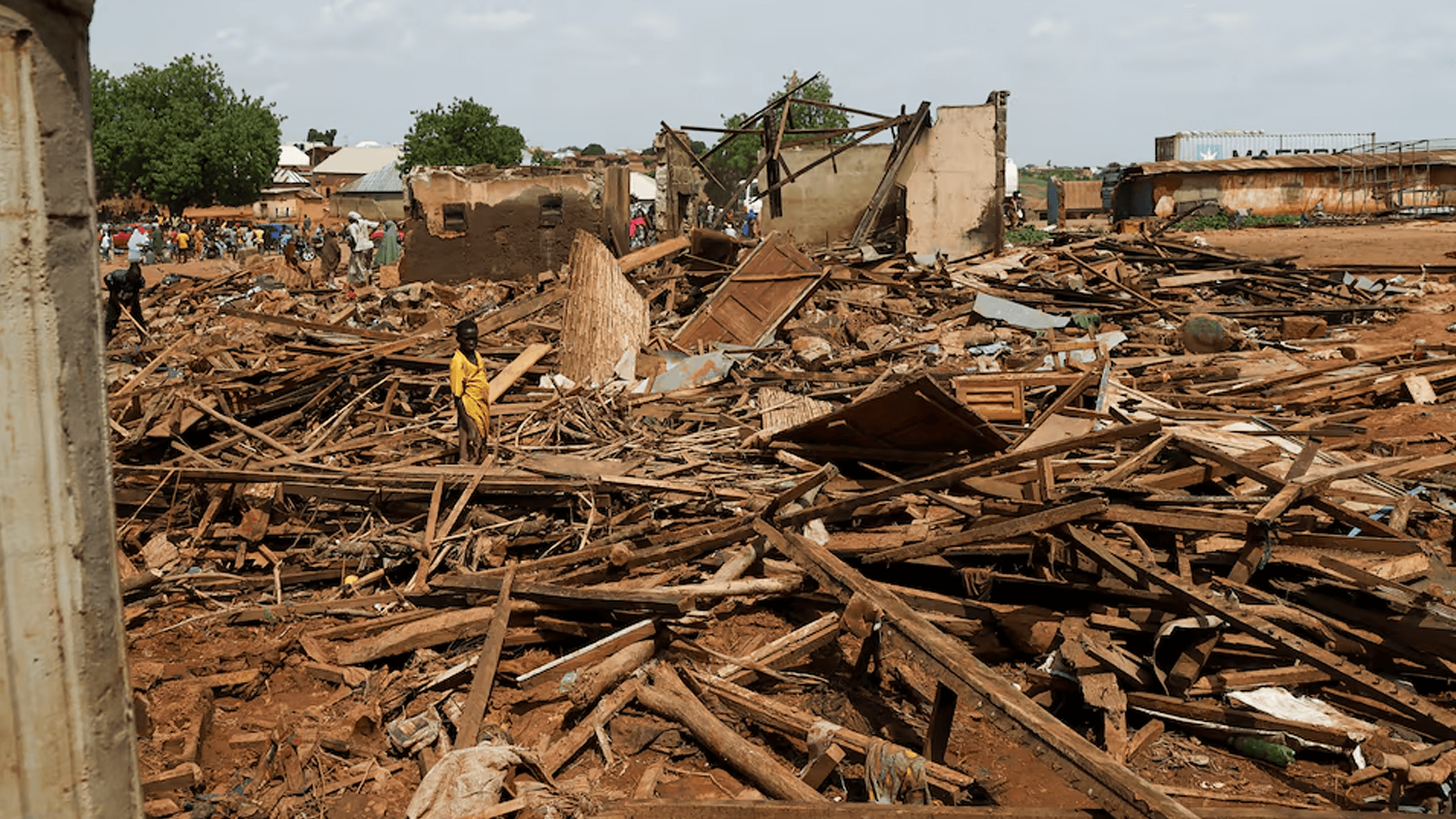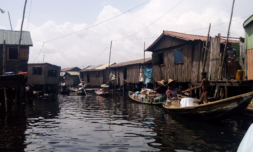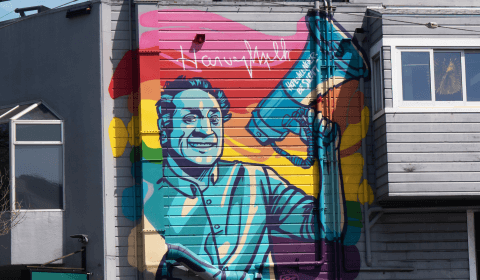Last weekend, a tragedy hit the town of Mokwa in central Nigeria. Over 150 lives were lost in floods that experts call the worst the area has seen in 60 years.
Heavy downpours flooded Mokwa in central Nigeria, which led to the submergence of houses, destruction of the sources of livelihoods, and the displacement of thousands of people.
The enormity of the disaster has dominated discussions across the country and brought the issue of the deepening effects of climate change back into the limelight.
Mokwa, a farming community residing around the normally slow-moving Niger River is now a disaster zone. Roads have been severed, farmlands flattened, and water sources polluted. According to local sources, the situation of emergency response teams is perilous as they cannot reach heavily flooded villages without using boats or air support.
The Nigerian Meteorological Agency had given a forecast for an escalation of rain showers this year, but not many expected a disaster of this magnitude. The flood in Mokwa is not merely a local event, it’s another signal fire on a continent that is already facing the menace of climate instability.
Africa contributes less than 4% of total greenhouse gas emissions, and yet it suffers the worst effects of climate change impacts. It continues to be upended by challenges caused by climate change, primarily manifesting in droughts within the Horn of Africa and increasing sea levels threatening coastal cities.
Nigeria has occasionally experienced floods during the last few years. But, mirroring the worsening state of the planet’s ecology, the event that took place in Mokwa is beyond any record.




















